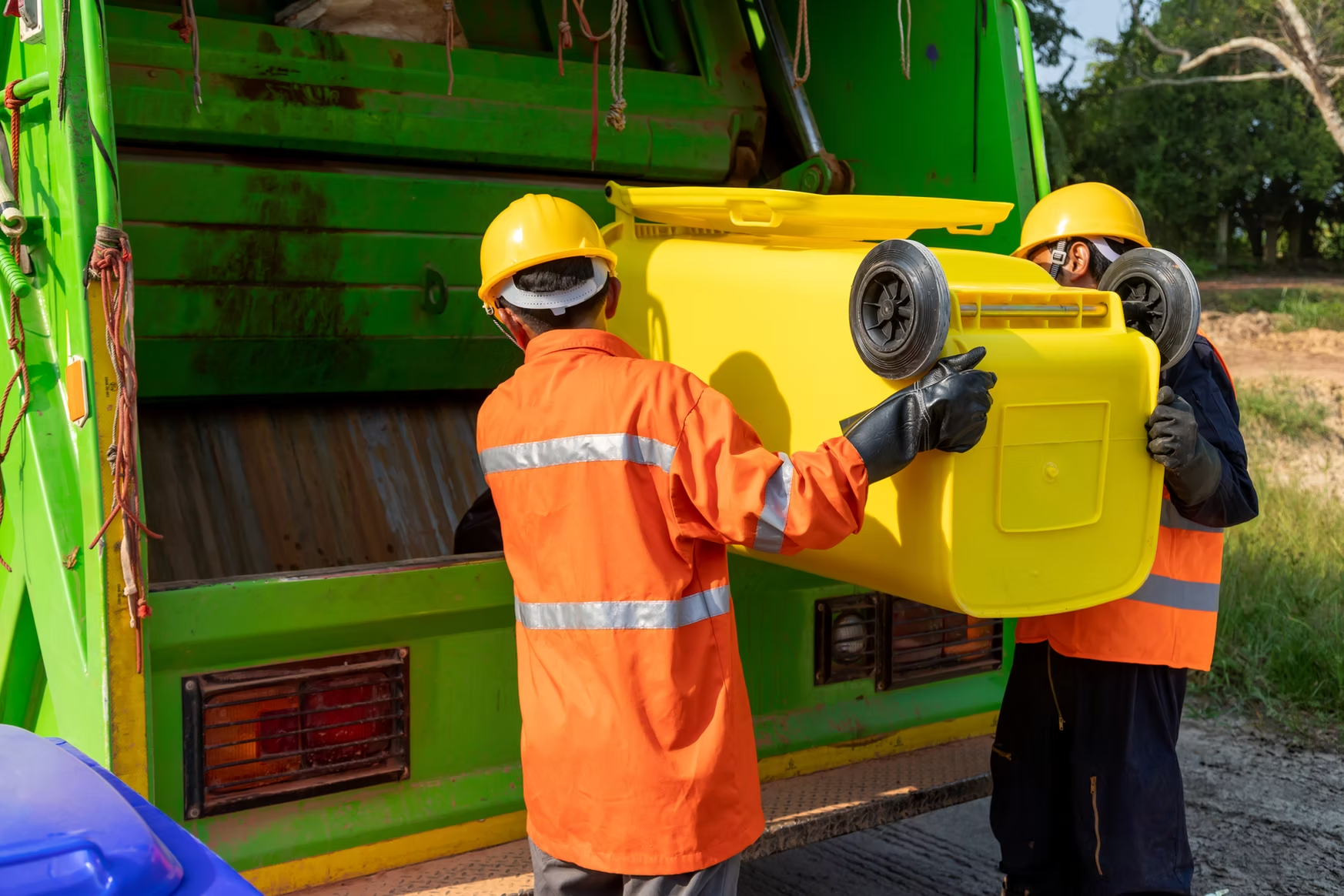
The Integrated Solid Waste Management (ISWM) project in Samarkand is a comprehensive initiative aimed at modernizing the city’s waste management system. Funded by the French Development Agency (AFD) and the Investment Facility for Central Asia (IFCA), the project is implemented by the State Unitary Enterprise Moroqand Obod. Key Activities: Waste Collection Infrastructure: Construction of 150 new waste collection points and renovation of 41 existing points to improve waste collection efficiency and hygiene. Central Vehicle Maintenance Facility: Establishment of a central facility for the maintenance and repair of waste collection vehicles. Bioreactor Landfill: Development of a new bioreactor landfill with leachate collection, landfill gas extraction, and a medical waste cell to ensure environmentally safe waste disposal. Landfill Gas (LFG) System: Installation of an LFG capture, treatment, and use system to produce compressed natural gas (CNG) for vehicles, enhancing energy recovery from waste. Material Recovery Facility (MRF): Establishment of a semi-mechanical sorting plant to process dry recyclables and mixed solid waste, promoting recycling and waste diversion. Environmental and Social Management: Implementation of Environmental and Social Impact Assessments (ESIA) and Management Plans (ESMP) to ensure compliance with environmental standards and address social impacts. Project Impact: Environmental Sustainability: Enhanced waste management practices reduce environmental pollution and improve public health. Energy Recovery: Efficient capture and use of landfill gas contribute to sustainable energy solutions. Recycling Promotion: Increased recycling rates through the establishment of the Material Recovery Facility (MRF). Public Awareness: Heightened public awareness and participation in sustainable waste management practices through education campaigns. Outcome: The Integrated Solid Waste Management project in Samarkand has significantly improved the city’s waste management infrastructure, promoting environmental sustainability and public health. The project’s comprehensive approach ensures efficient waste collection, disposal, and recycling, setting a benchmark for modern waste management practices.